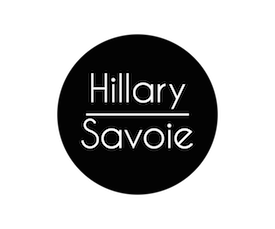It was almost two years ago now that I met up with a friend I’d connected with on Facebook, Paola. Paola is the aunt of a little girl in Italy who has PCDH19 Epilepsy, and she, together with her sister and other parents of children with PCDH19, had begun a foundation to help support research into PCDH19 Epilepsy.
Paola had flown in from Italy in order to meet with Marinus Pharmaceuticals to talk about whether or not their drug might be a potential treatment for PCDH19 Epilepsy. I joined her–still new to the PCDH19 advocacy world–to help as a native English speaker. We met before the meeting and went over all of the questions she had. We discussed Esmé–who had a very small seizure while we were waiting for the meeting. We discussed my plans for using this blog to help raise awareness of PCDH19 Epilepsy. We discussed the seeds of what would become the first competitive PCDH19 research grant–which we co-funded between our organizations.
But most of all we discussed our hope that Marinus would consider a Ganaxolone trial for PCDH19 Epilepsy…and that it would eventually lead to a treatment that would help Paola’s niece and Esmé. Two years later–after much work on the part of Marinus, a number of researchers, and all of the PCDH19 parent-lead organizations–it is amazing to think that the first part of this hope has come to be. Here is some information about the Ganaxolone Clinical Trial which is recruiting patients with PCDH19 Epilepsy. If you are the parent of a child with PCDH19, there is information below about how to find out if your child is a candidate for the trial:
Clinical Trial for Ganaxolone
Recruiting Patients with PCDH19 Female Pediatric Epilepsy
Marinus Pharmaceuticals, Inc. (Marinus) has initiated patient enrollment for a multicenter, open-label Phase 2 clinical trial of ganaxolone as adjunctive therapy for uncontrolled seizures in PCDH19 female pediatric epilepsy.
The Phase 2 study is seeking to enroll approximately 10 female pediatric patients, between the ages of 2 and 10 years old, with a confirmed PCDH19 genetic mutation. The primary endpoint of the study is percent change in seizure frequency per 28 days relative to baseline.
Further information about the clinical trial can be found here, http://goo.gl/QQ7VQa, or on ClinicalTrials.gov, using Identifier NCT02358538.
Background:
Ganaxolone is an investigational, first-in-class synthetic analog of allopregnanolone, an endogenous neurosteroid produced in the central nervous system that modulates the brain neurotransmitter GABA.
Ganaxolone, which is known for its anticonvulsive and antianxiety effects, was designed to have the same GABA modulation effects as allopregnanolone without the hormonal steroidal effects associated with the neurosteroid.
Ganaxolone has been previously evaluated in multiple studies in pediatric patients (age 4 months to 15 years) with a history of current infantile spasms plus other seizure types resistant to available medications. Approximately two-thirds of patients experienced improvements in seizures, and one third of patients experienced improvements of 50% or greater from baseline seizure frequency.
Most adverse events reported in the clinical development program for ganaxolone were mild or moderate in severity, dose-related, resolved upon treatment discontinuation, and expected based on ganaxolone pharmacology. The most common adverse events across all clinical trials are dizziness, fatigue and somnolence.
CAUTION: In the United States, ganaxolone is an investigational drug and is limited by Federal law to investigational use. The U.S. Food and Drug Administration (FDA) has given Marinus approval to proceed with a Phase 2 clinical trial of ganaxolone in PCDH19 female pediatric epilepsy. Completion of that Phase 2 study is necessary before the FDA will consider permitting the marketing and sale of ganaxolone in the United States.
For more information, contact:
Gail M. Farfel, Ph.D.
Chief Clinical and Regulatory Officer
Marinus Pharmaceuticals, Inc.
201-485-5101
gfarfel@marinuspharma.com

